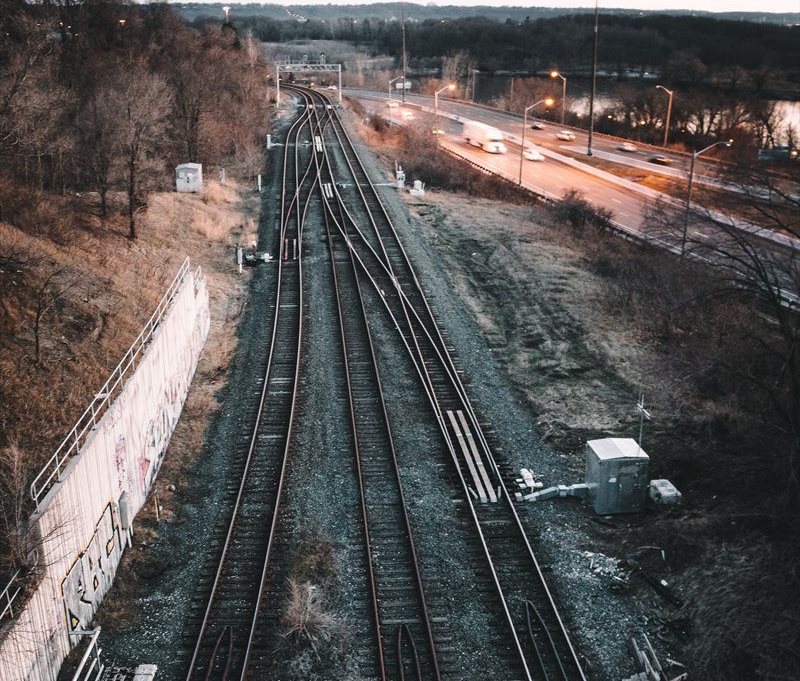The rail sector is ready to contribute to reducing the 30.8% unemployment rate in the coming year when third-party access is implemented in the freight rail sector.

Photo by Ravi Patel on Unsplash
In fact, opening the rail network to third-party operators is not only fully achievable in 2021, but would provide a multi-billion rand boost to the country’s economy over the next five years, potentially generating thousands of jobs and driving massive economic benefits, says Mesela Nhlapo, the CEO of the African Rail Industry Association (Aria).
Speaking ahead of this week’s budget speech by finance minister Tito Mboweni, Nhlapo said a larger rail sector would generate employment both within the rail industry and upstream in other industries like mining, agriculture, and manufacturing by improving South Africa’s economic competitiveness.
This would create additional funds in future budgets that could be used in other areas, such as education and healthcare.
Concurrently, state-owned rail operator Transnet would benefit through access fees, without necessarily having to compete with private rail operators who would target volumes not currently moved on rail.
Freight rail is a key driver
“A healthy balance sheet for Transnet has the potential to significantly improve South Africa’s overall credit rating, and reduce the cost at which we borrow money as a nation. The knock-on effect of this is a less burdened taxpayer, more disposable income, and greater economic growth at a time that our country desperately needs it,” said Nhlapo.
Freight rail is a key driver of a nation’s logistics performance, which in turn drives greater economic performance.
“McKinsey research suggests that SMEs represent more than 98% of South African businesses and employ 50-60% of the country’s workforce. We have a real opportunity for SMEs to get involved in specialised technological services or innovations in Intelligent Transport Systems, which ultimately means more jobs – often jobs that never existed in rail before,” said Nhlapo.
South Africa is also in the enviable position of having a countrywide rail network that spans more than 21,000km. West African powerhouse Nigeria is currently building a 284km main line to connect three states at a cost of $1bn over the next three years.
“We can’t afford to rely on one or two players to support the potential growth of our rail industry. We must bring in private operators as soon as possible to make the most of this incredible asset we have for the benefit of the sector, industry in general, and the entire country."
When we fully optimise our rail network, with much of the rest of sub-Saharan Africa already doing the same, it will allow for easier regional freight movement. Just think of China moving medical equipment to Poland early this month using rail - the potential is endless,” concluded Nhlapo.

































